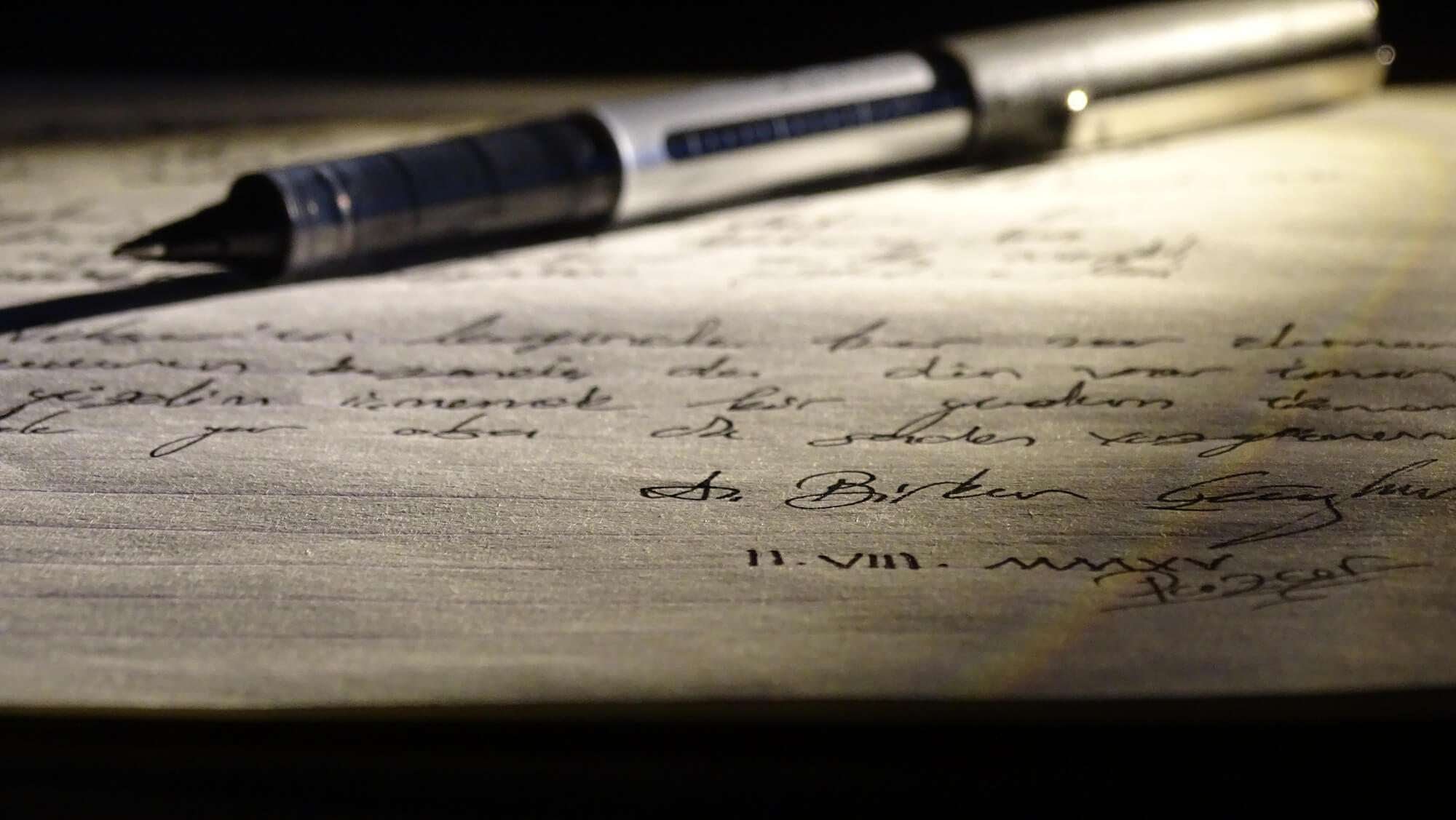“Whose Heritage is it Anyway?”: Local Responses to Cultural Heritage Preservation in the Age of UNESCO
UT Antiquities Action invites the submission of abstracts for its 5th annual symposium, to be held on Saturday, the 4th of April, 2020 at the University of Texas at Austin.
Heritage preservation has been dominated by European-focused approaches since the founding of the discipline of archaeology. A particularly apposite example is the preservation of the site of Palmyra, Syria, by French official Henri Seyrig. Like many projects of its time, the ‘preservation’ involved the eviction and relocation of the living village of Tadmur, which had continually occupied since the Roman era. The relocation included the destruction of the thousand-year-old mosque inside the Temple of Bel, which was resurrected as a Roman temple and the new centerpiece of a now ‘ancient’ site of heritage. Extremist groups have weaponized the perceived over-attachment of Western heritage projects to antiquity over local, living heritage. Examples include the Taliban’s destruction of the Bamiyan Buddhas in 2001, which was carried out as an act of protest against the flow of Western heritage ‘aid’ even as a famine engulfed Afghanistan, ISIS’s filmic destruction at the museum in Mosul, Iraq or - coming full circle – their devastation of Seyrig’s recreated Palmyra. Similarly, the U.S. invasion of Iraq was justified partly by emphasizing the danger to a heritage ostensibly “shared by all humankind,” though in practice, little regard was paid to local, living heritage as the library, archives, and museum in Baghdad were burned and looted while American soldiers stood by. More recently, approaches such as UNESCO’s idea of ‘universal heritage’ have attempted to incorporate the values of local people, but fall short in that they often insert “locals and their heritage into predetermined schemes of global world heritage” (Meskill 2002). Meanwhile, more quietly but equally dramatically, in local communities around the world, tourism and gentrification are transforming vibrant local cultural and heritage landscapes under the umbrella of development. Against this background, it is urgent that a more inclusive and less problematic models of genuinely local heritage preservation be developed.
Our keynote speaker will be Yvonne Therese Holden, director of operations at the Whitney Plantation, a museum devoted to slavery in the southern United States. Rather than focusing on the plantation owners, the Whitney tells the story of the slaves who worked on the plantation by means of oral history, interpretive tours, and experiential encounters.
Papers may address, but are not limited to, the following topics:
- How have local people addressed the conservation of their heritage?
- How have the application or misapplication of Eurocentric notions of heritage preservation helped or hindered heritage preservation in different areas around the world?
- How viable is the notion of ‘universal heritage’ in today’s world?
- Have notions of heritage preservation changed or adapted over time? Does this relate to a model of universal heritage?
- How can archaeologists, community activists, or heritage experts take steps to prevent the misappropriation or propagandization of heritage?
We welcome submissions from faculty, undergraduate, or graduate students from any area. Papers must be original and previously unpublished. Please send an abstract (250-300 words), a paper title, and a CV to antiquitiesactionsymposium@gmail.com.
The deadline for submissions is Sunday, February 14, 2020. Selected speakers will be notified no later than February 20, 2020, and are expected to accept or decline the offer within a week of notification. Papers should be 20 minutes in length and will be followed by a question and answer session. Selected participants will need to provide a full draft of your paper by Monday, March 23, 2020.
UT Antiquities Action is a group of students, staff, and faculty at the University of Texas at Austin that seeks to raise awareness of a wide range of cultural heritage issues. This event is generously sponsored by the University of Texas at Austin’s Department of Middle Eastern Studies, The Department of Classics, The Mesoamerica Center, and the Department of Art and Art History.
---
(Photo: "Handwritten" by A. Birkan, licensed under CC BY 2.0)

